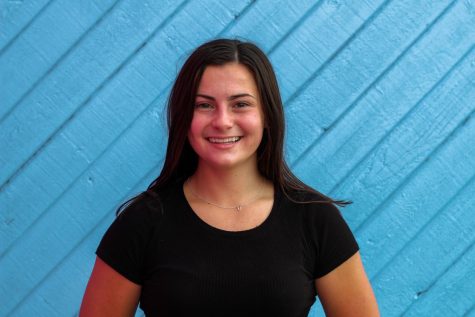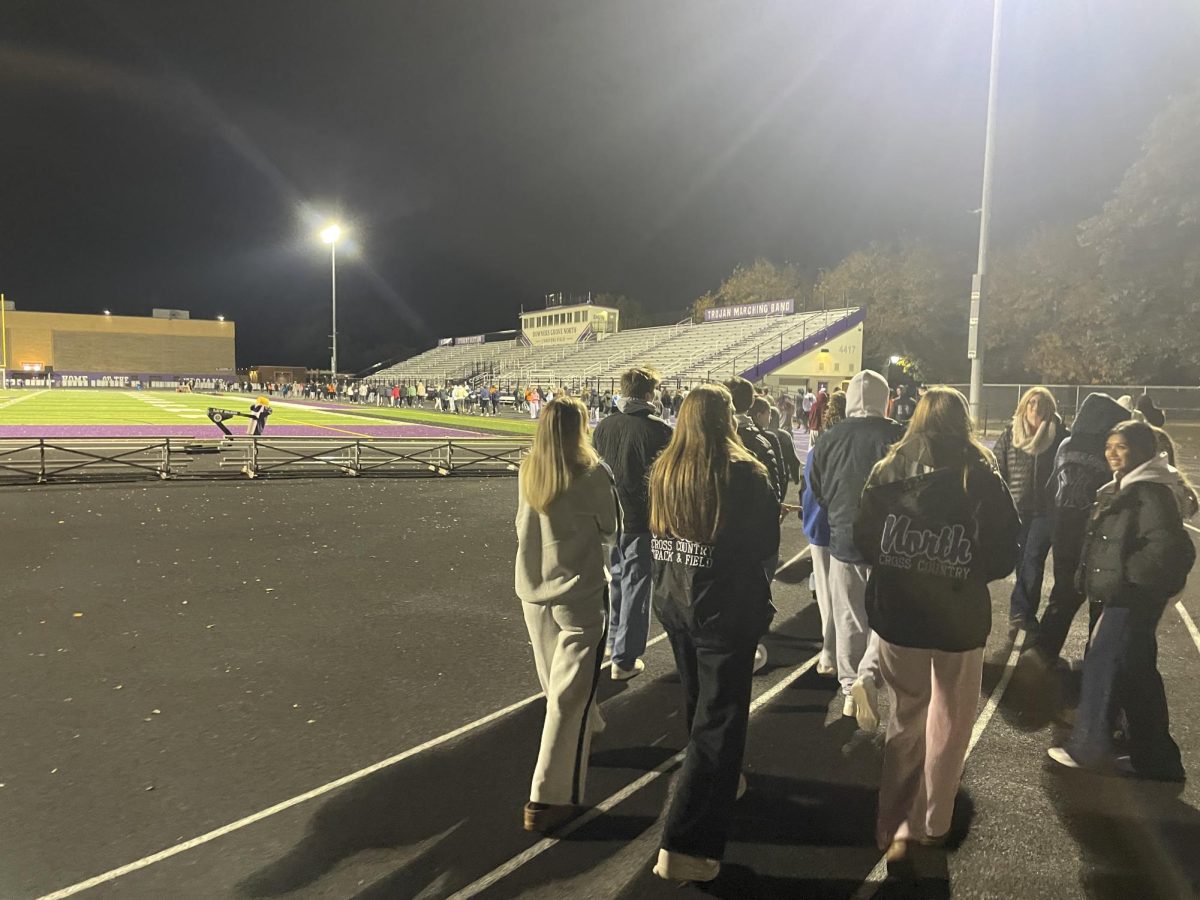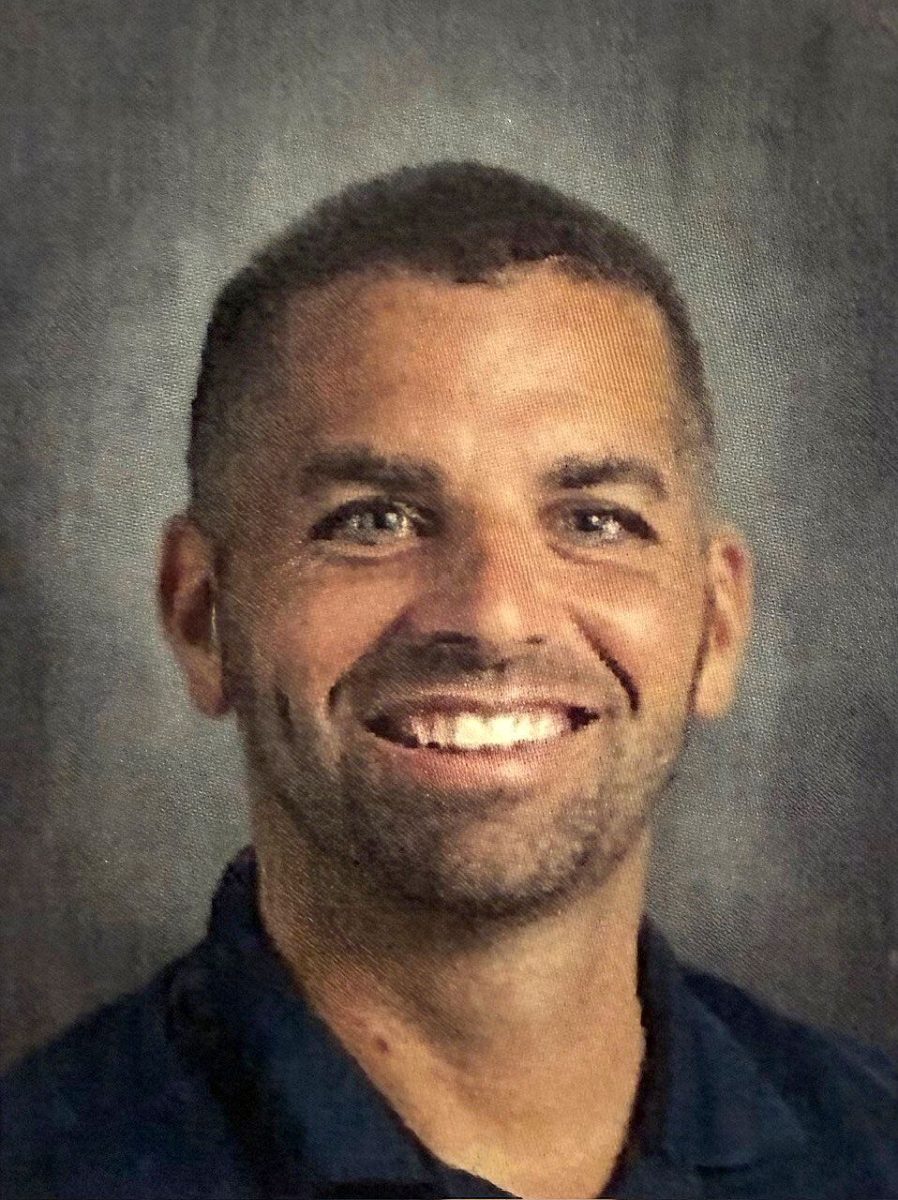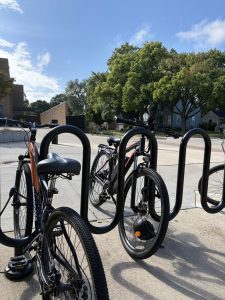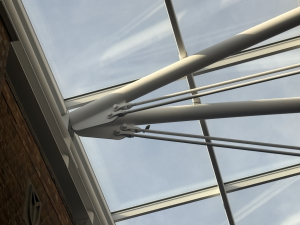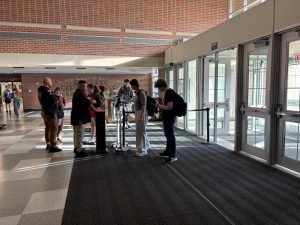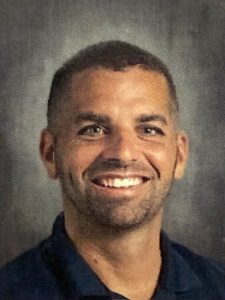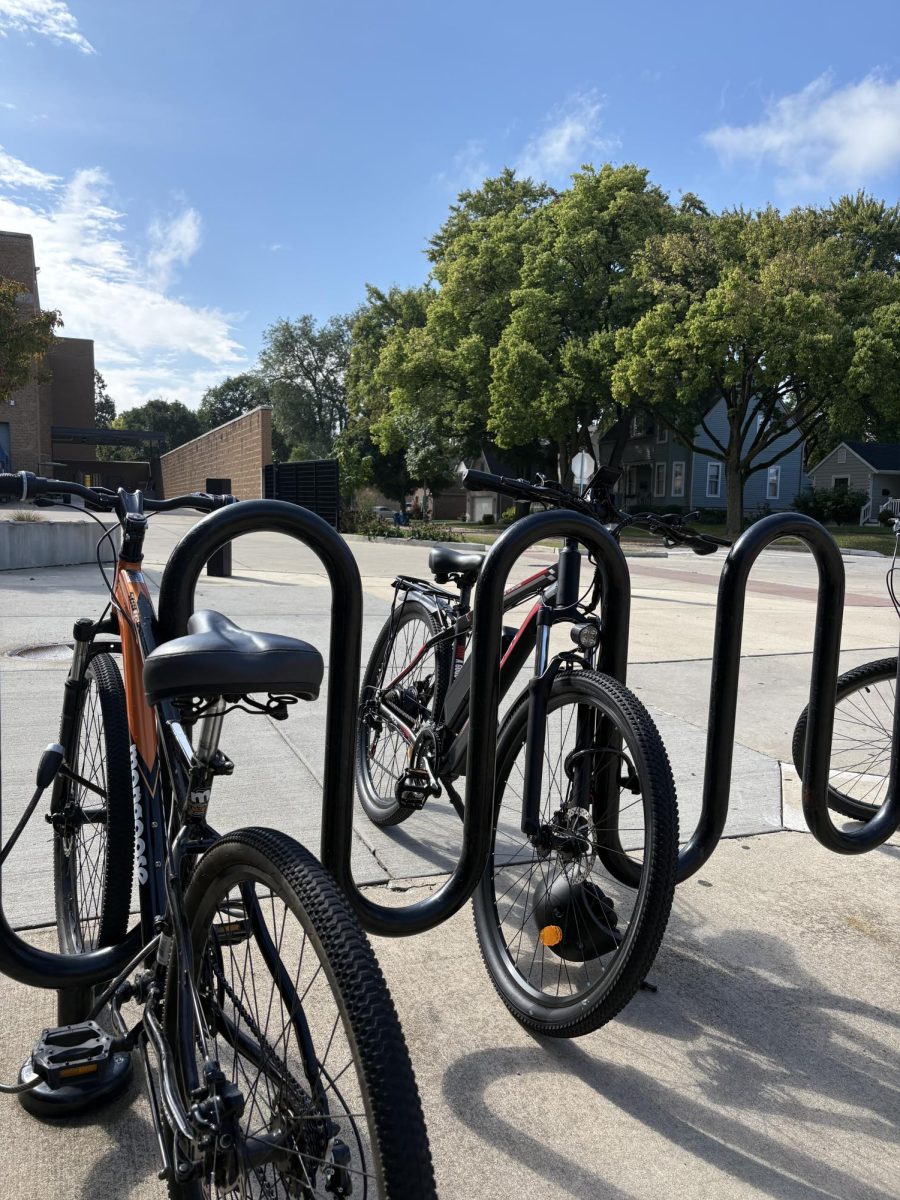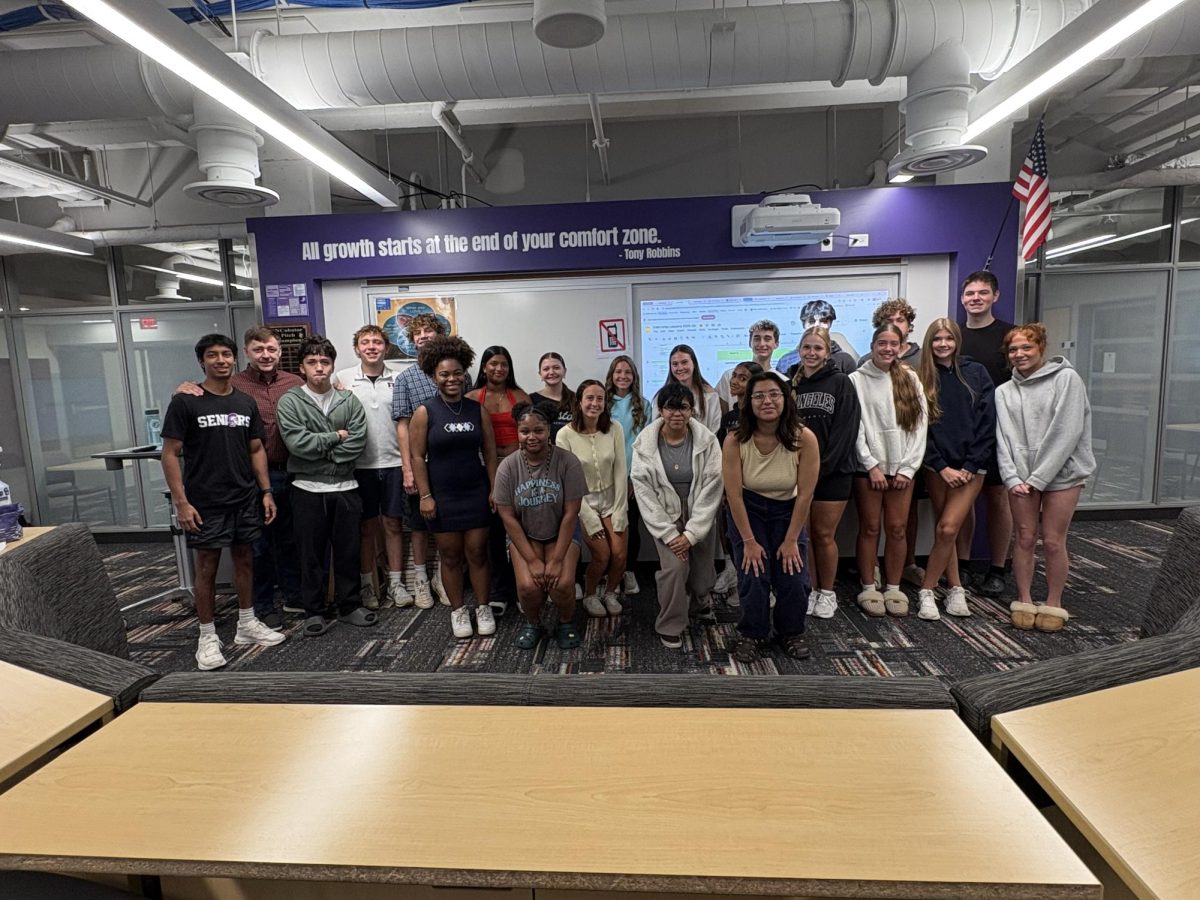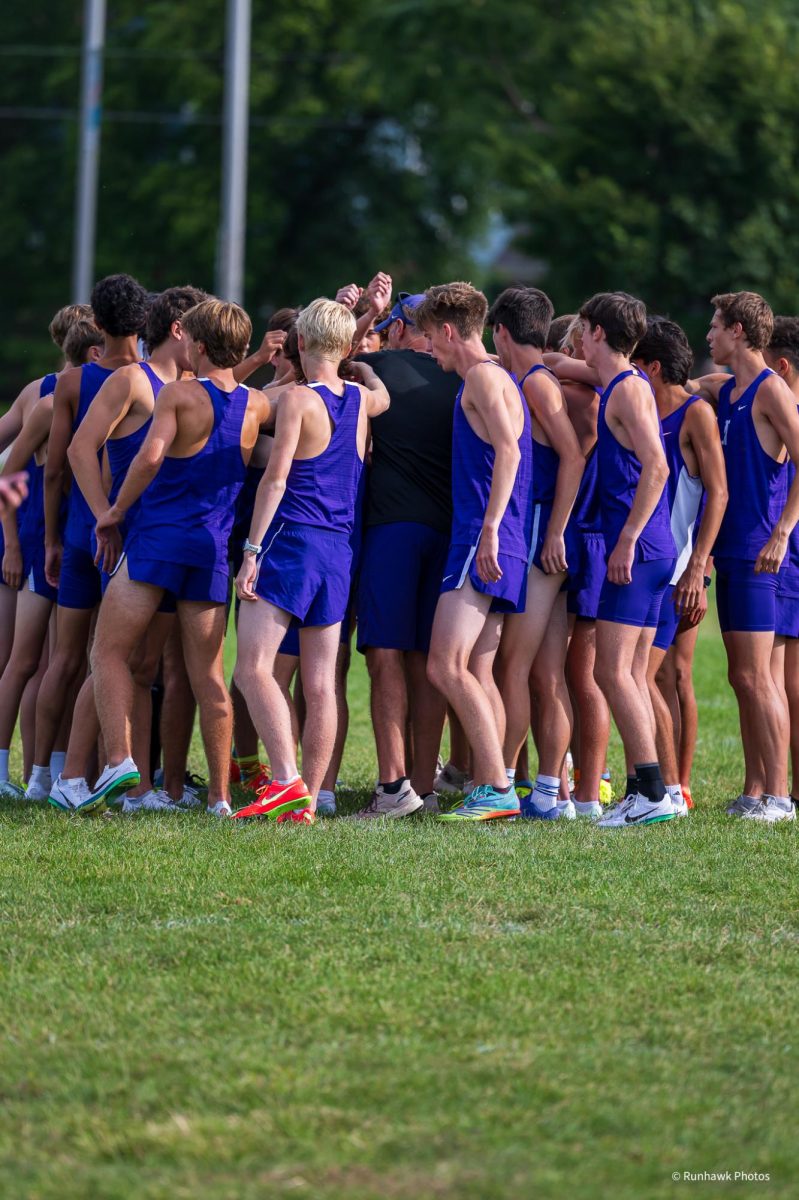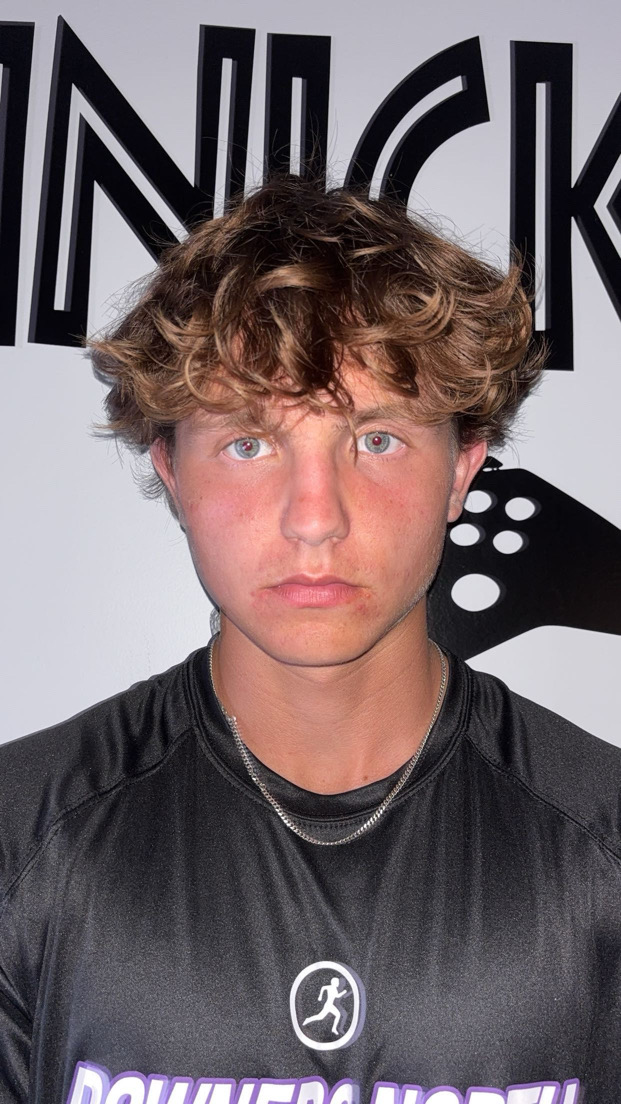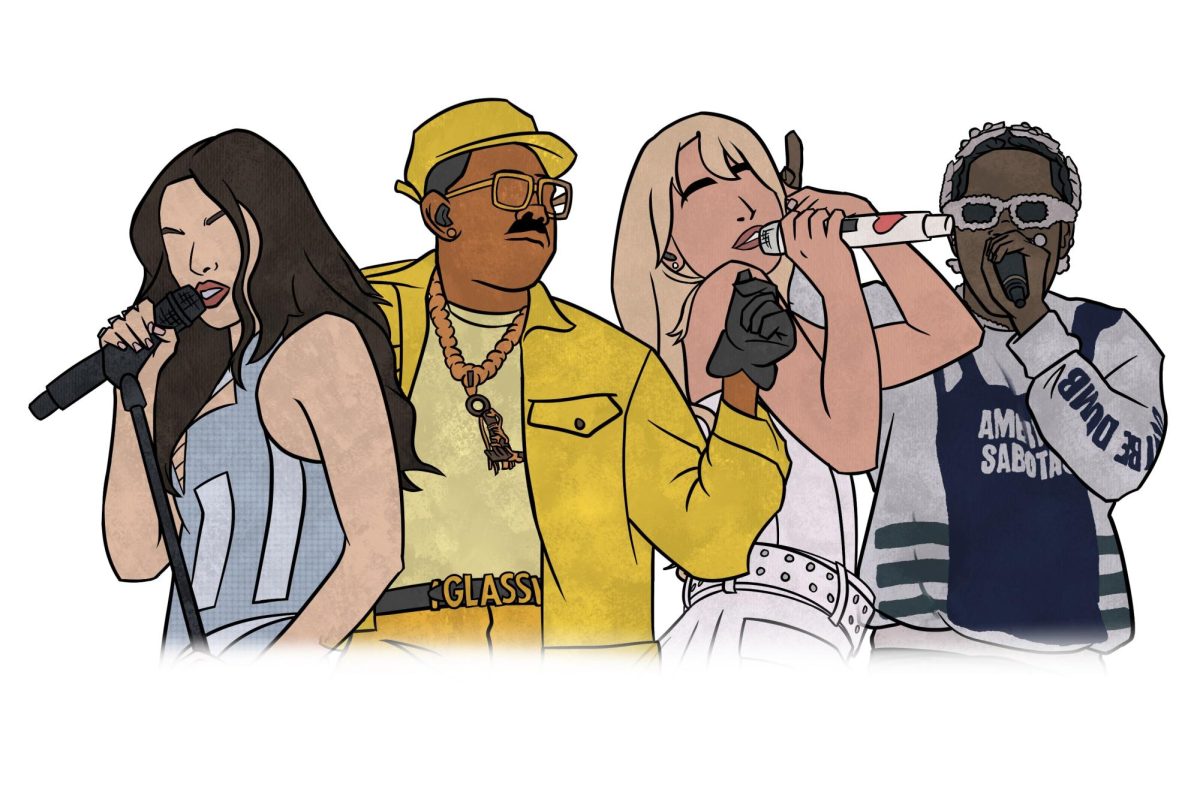Ahmaud Arbery’s murder is a wake up call to check our privilege
May 16, 2020
He went for a jog around the neighborhood and never returned home. Last Tuesday a video of the fatal shooting of 25 year old Ahmaud Arbery went viral. Arbery’s case is one of the many modern day instances that dates America decades behind in the fight for racial equality.
Arbery was going for a jog on Feb. 23 in Brunswick, Georgia when he was shot three times by Travis McMichael. Travis and father Gregory McMichael followed Arbery claiming they thought he was a burglar. The McMichaels were arrested on May 7.
I first learned of Arbery’s story via LeBron James on Instagram. In a matter of minutes my entire Instagram feed consisted of Arbery’s face.
The outpouring of support was heartwarming and beautiful, but it made me a little queasy at the same time. Not because of the gut-wrenching video, but because it took celebrities and teenagers creating Instagram hashtags for basic justice to be served.
The case speaks volumes about the realities of race in America. A black man is murdered for ‘looking like a burglar’ while two white men walk free after shooting a man in the chest on video. And those two white men continued to walk free until Kim Kardashian got involved.
Gun violence is a reality for all Americans, but disparities exist in the effects of this violence relative to race. A 2018 study published by ACP Journals revealed that, over a nine year period, black men experienced 27 more firearm homicides per 100,000 people than white men nationwide. This number varies from state to state, at 47 in Illinois and 18 in Georgia.
Data regarding police brutality mirrors these disparities. According to MappingPoliceViolence.org, black people are three times more likely to be killed by police than white people.
These statistics are an unacceptable reality.
In Arbery’s case, there is no justifiable reason why it took over two months for Travis and Gregory McMichael to be arrested, and they never would have been arrested at all if not for an outcry via social media.
The reasons behind Arbery’s shooting and behind the inequalities in the statistics above are racism and privilege.
Racism is simply unacceptable. Privilege, on the other hand, must be accepted in order for change to occur. But an important distinction is necessary. We must accept that privilege exists, but we cannot accept the inequalities that accompany privilege.
One of the privileges of having white skin is the option to ignore. When the video of Arbery’s shooting came up on my Instagram page I considered skipping past it. Did I really want to watch this man get killed?
But if I didn’t watch that video what was I doing? I feel safe every time I step outside of my house. I could ignore the video and my life would remain unchanged. But to ignore that video would be to abuse my privilege.
To use my privilege to ignore rather than to take action, or, at the very least, to educate myself, makes me part of the problem. This is exactly why acknowledgment is the first step to change. We have an obligation to use any privilege we may have as a weapon to fight against inequality, not for it. But it’s less of an obligation and more so basic human decency.


